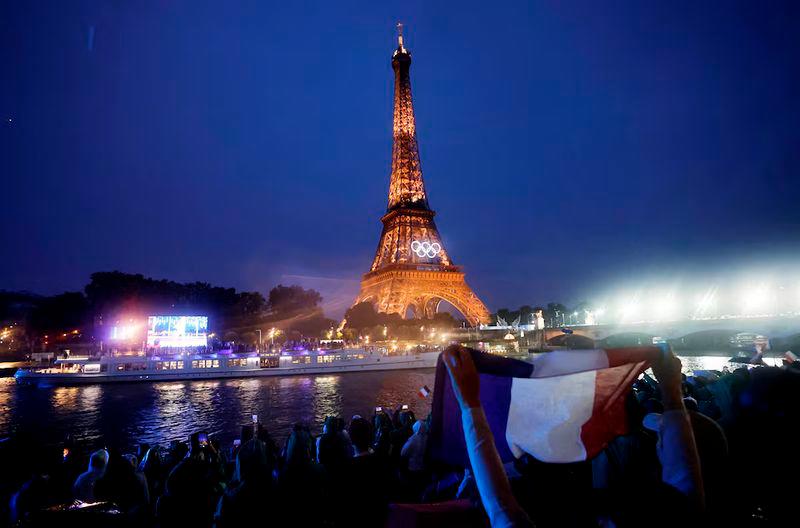THE Association for Welfare Community and Dialogue has joined the chorus around the world in criticising the French organisers for the controversial iconoclastic opening ceremony of the Paris Olympics.
It featured celebrations of same-sex love and drag queens.
The last supper image that is considered sacred to Christians was recreated with Jesus being replaced with an obese woman while queer and trans figures, including a child, were depicted as apostles.
Although the organisers stated that they had no intention of hurting religious sensitivities, manipulating the sacred image to serve certain ends reveals a deeper reality of French society.
The root of the issue is not about what was depicted but the ideological reality of the French Republic that failed to respect what is sacred and inherently related to human dignity.
While it declared its human rights credentials, secular France has failed to comprehend that the objectivity and wholeness of human rights are strongly rooted in the sacred moral law.
Religion, in essence, is not binarily against secularism but complements it by providing an objective moral compass that has nurtured civilisations since ancient times.
For example, Christian monasteries in medieval times became Europe’s intellectual and spiritual bastions that projected a harmony between religion and secularism.
The Benedict Monks became Europe’s earliest teaching organisation that provided education for its leaders, scholars and artists, even as Western society grappled with war and other turmoil from the collapse of the Roman Empire.
Human beings are naturally inclined to the sacred that provides for conscientious behaviours of right and wrong.
Human rights, the rule of law and democratic freedom that we see in Europe today are consequences of Christian values that provide choices to accept religion or not, without diminishing the other and being able to co-exist.
While inclusivity is part of human dignity, it should not be at the expense of ridiculing a religious faith and symbols of communities.
Therefore, it is hoped that the French Republic will discern its Christian roots by respecting inclusivity that cherishes the sacred, which is the source of its cultural progress.
Ronald Benjamin
Secretary
The Association for Welfare Community and Dialogue









